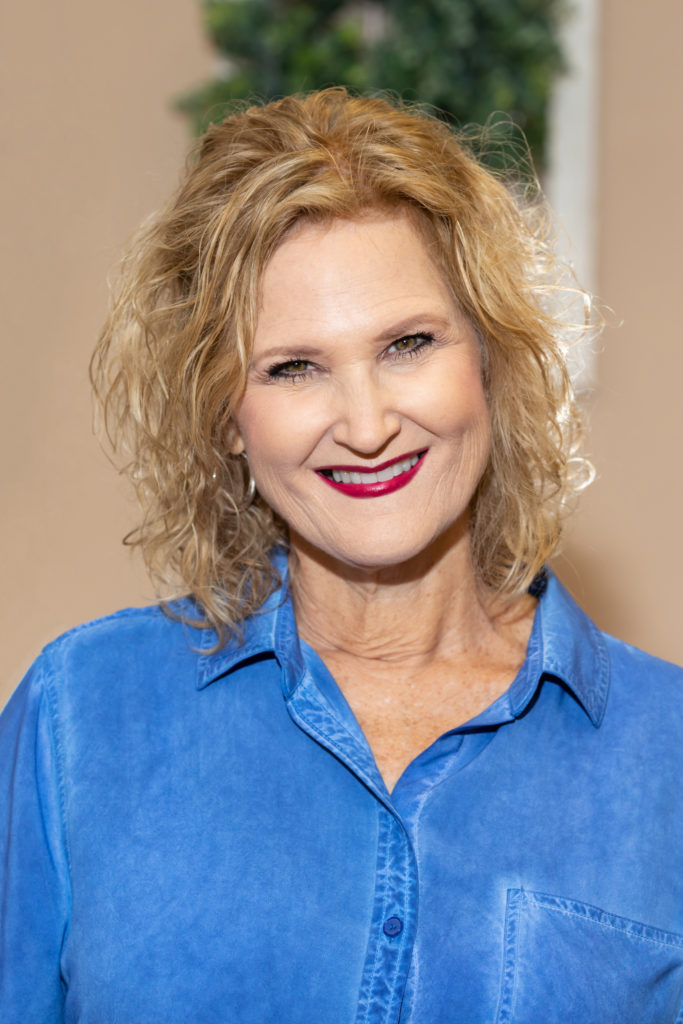By Cindy Singleton
A radical approach to marriage is actually thousands of years old. It’s simple, but so hard. Actually, it’s impossible without God’s help. But I’ve learned how to do it, and so can you.
My Marriage Needed a Radical Approach
I was falling out of love.
My husband and I had been married several years. We were raising three beautiful daughters, we were financially secure, and we had a lively assortment of friends. From the looks of it, our lives were full and happy.
But my feelings for my husband had changed.
Suddenly, everything about him was getting on my nerves. His predictability annoyed me―everything from choosing the exact same cereal every morning to where he wanted to vacation. I was exasperated by his insistence that everything be done perfectly―as in, did he really have to drag out a level just to hang a silly picture?
I’m not sure how or why I suddenly found my husband so annoying. Our lives were busy and I felt pulled in a million directions, so there was, of course, the normal life stress. But no matter how hard I tried, I couldn’t stop feeling frustrated.
After a while, my husband picked up on my negative attitude and responded in a way suitable for a man who never seemed able to do anything right. He withdrew, and before long we were in a bad place.
The answer to our dilemma, I surmised, must be that we simply didn’t love each other anymore. By then we were both saying hurtful things, so our marriage certainly didn’t appear very loving.
As a result, I was a grumpy wife who was making life less than happy for the entire family.
Learning a Radical Approach to Marriage
That’s when I heard some startling news for the very first time.
“Love is not a feeling.”
What?
Of course love is a feeling! You have to feel like you’re in love, right?
Wrong.
“For God so loved the world, He sent…” (John 3:16, HCSB). God didn’t just feel something. He DID something. In other words, love is an action verb.
I can choose to love. No matter how I feel.
We were made to be people who choose love, “for the message to us from the beginning has been that we should love one another.” (1 John 3:11, TLB).
Love is a choice. That means when your husband is getting on your nerves, when hurtful things are said or done, or when you just flat out don’t like each other, you can still choose to love.
The Radical Approach to Your Marriage: Choose Love
Here are three ways to choose to love your husband.
Remember your own imperfections.
When I’m conscious of my own failings, I’m more merciful with others. Consider all that God has forgiven us for. How can we―in need of mercy―withhold mercy? “Be gentle and ready to forgive; never hold grudges. Remember, the Lord forgave you, so you must forgive others. (Colossians 3:13, TLB).
In spite of how we’re feeling, we can lay our frustrations aside, overlook our husband’s shortcomings, and choose love.
Consider God’s love.
I’m glad God doesn’t love us only when we’re lovable. Instead, he loves us without condition. In other words, his ability to love us has nothing to do with us and everything to do with him. When I consider his constant love for me, it helps me choose love when I least feel like it.
When we focus on God’s love for us in our unlovable state, we’re compelled to love others in theirs. That’s because “we love because He first loved us” (1 John 4:19, HCSB).
Change your mind.
Controlling your thoughts is critical. If I dwell on the nitpicky, frustrating things about my spouse, I won’t act very loving. That’s why the Bible tells us to “fix your thoughts on what is true and good and right. Think about things that are pure and lovely, and dwell on the fine, good things in others. Think about all you can praise God for and be glad about” (Philippians 4:8, TLB).
I can choose to focus on negative things about my husband and conjure up reasons not to love him. Or I can dwell on positive, good things about him. When I choose the latter, my mind convinces my heart to choose love.
This truth about my mind was life-changing for me. I had underestimated the power my thought life had over my ability to love my husband well.
Today my husband and I have been married more than four decades, and I love and respect him more than any other man on this earth. In the end―no matter what our feelings tell us―our hearts can choose to love him anyway.
Wife Step: Which of these steps can you take to allow God to change your heart when you don’t have a loving feeling toward your husband?


A long-time Bible student and teacher, Cindy Singleton is a wife, best friend to three grown daughters, mother-in-law to two pastors, and “CeCe” to eight grandchildren. She enjoys sharing her life experiences as evidence of God’s faithfulness. When she’s not visiting Disney theme parks or planning her annual Camp CeCe, Cindy can be found writing and serving women on her blog. The Titus Woman. She’d love to connect with you on Facebook, Pinterest, and Instagram.
Do you want to intentionally grow your faith and marriage? If so, we’ve created the A Wife Like Me Collective for you! We’re waiting for you!
Be the first to comment